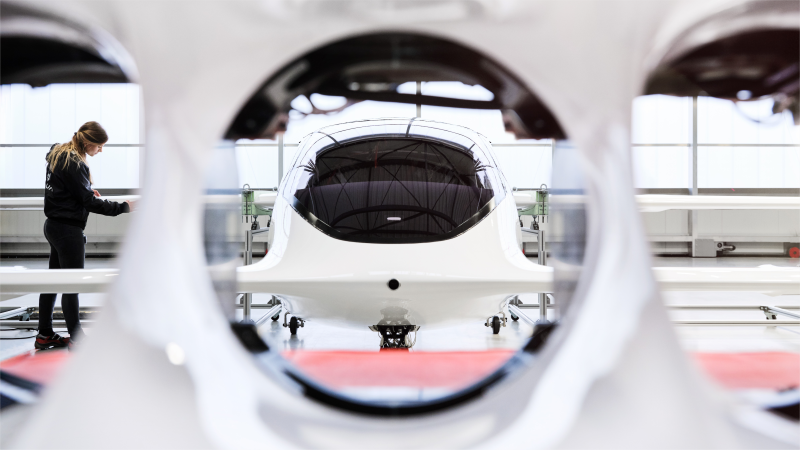
Credit: Lilium
The CEO of Lilium said that many skeptics of his company have “turned silent” since Lilium announced a fresh capital raise plan in May and is “not worried at all” about the company’s ability to achieve type certification by 2025. The German startup saw its share price plummet to below 40 cents in...
Subscription Required
This content requires a subscription to one of the Aviation Week Intelligence Network (AWIN) bundles.
Schedule a demo today to find out how you can access this content and similar content related to your area of the global aviation industry.
Already an AWIN subscriber? Login
Did you know? Aviation Week has won top honors multiple times in the Jesse H. Neal National Business Journalism Awards, the business-to-business media equivalent of the Pulitzer Prizes.
